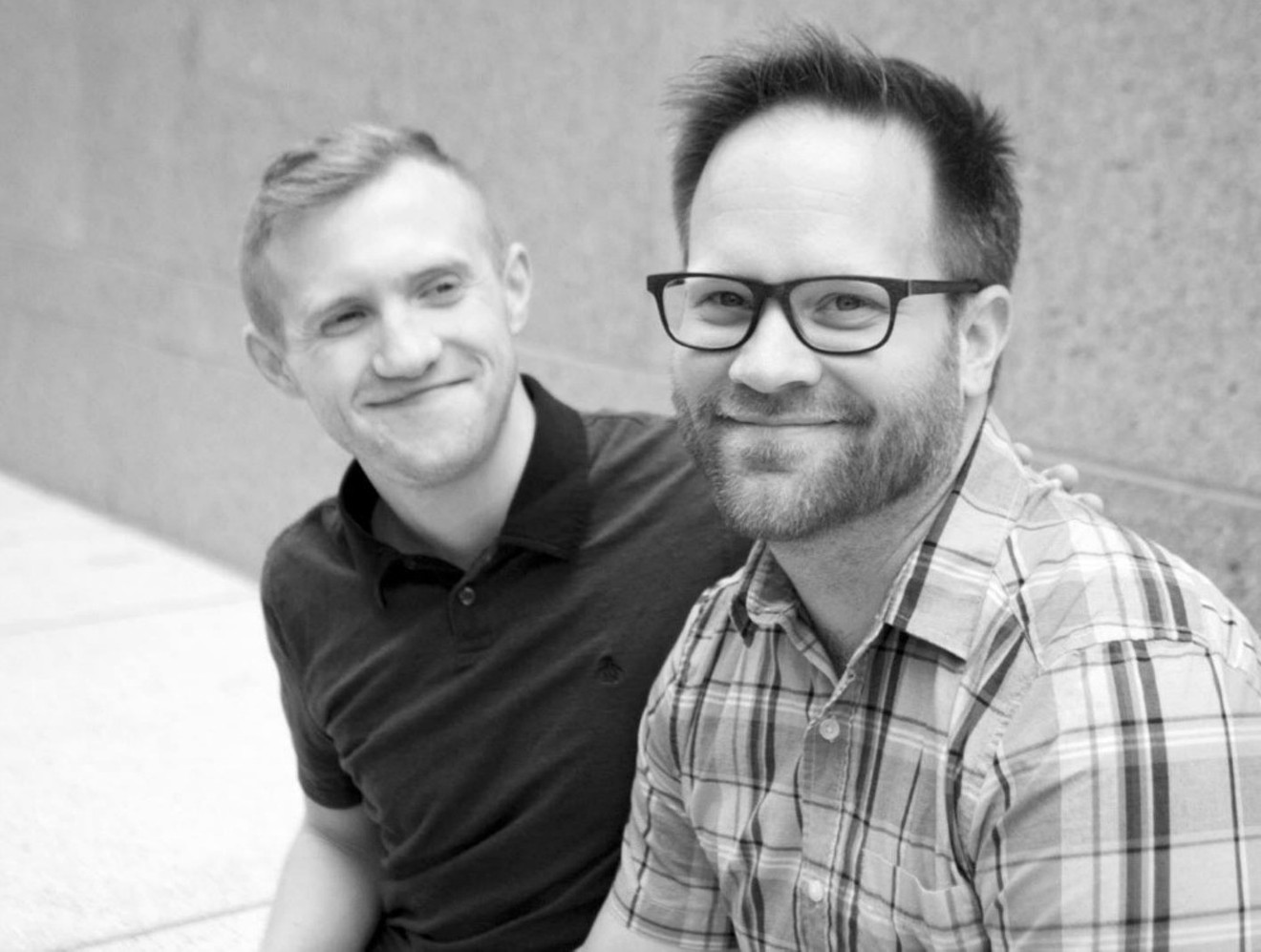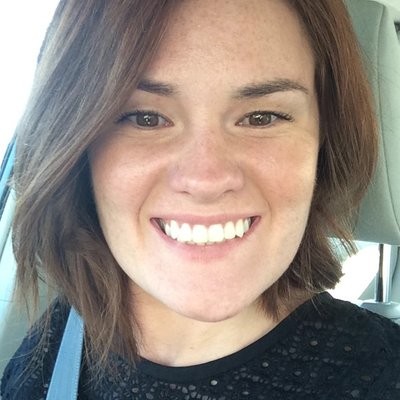He found Exodus International, a Florida-based nonprofit that aimed "to help people affected by homosexuality," and began attending its conferences and ordering literature about how to become straight. He even worked at Exodus International for a year before it ceased operations in 2013, after apologizing to all the gay men and women it had hurt during its nearly forty-year history.
Exodus International specialized in what is known as conversion therapy, or the practice of using talk therapy to essentially "weed out" the root of homosexuality in someone. "My therapist would ask me, 'What physical things are you attracted to in a man?,'" the 36-year-old Allen explains. "We'd analyze it and try to find out what had gone wrong in my childhood to make me feel that way. If I'm attracted to a man's chest, what does that mean? It means I require safety and didn't have enough affirmation from my father, so I'm trying to fix it by getting affirmation from older men.
"I was learning how to internalize the shame I already felt, making me believe I am disordered at the very core of who I am," he continues.
On Tuesday, February 28, Allen testified before a House committee in support of a bill that would ban conversion therapy in Colorado. HB17-1156, which passed the House Public Health Care & Human Services Committee (members split along party lines), would prohibit a "licensed physician specializing in psychiatry or a licensed or registered mental health care provider from engaging in conversion therapy with a patient under 18 years of age." The appropriate state licensing board would dole out penalties; the proposal doesn't prohibit clergy or anyone acting in a religious capacity from practicing conversion therapy.
The bill now moves to the Democrat-controlled House. If it passes through there and is subsequently approved by the Republican-controlled Senate, Colorado would become the sixth state in the country to ban conversion therapy. (Washington, D.C., has also banned it.)
“We have a responsibility to protect Colorado children from the harmful and discredited practice of gay conversion therapy,” says Representative Paul Rosenthal, a Democrat from Denver who introduced the bill. “The nation’s leading mental-health associations warned against the dangers of this practice and studies have shown that minors being subjected to this therapy are at a higher risk of drug and alcohol abuse, depression and suicide.”
Indeed, the American Psychological Association has denounced conversion therapy. “So-called reparative therapies are aimed at ‘fixing’ something that is not a mental illness and therefore does not require therapy," said then-APA president Barry S. Anton in a 2015 statement after President Barack Obama voiced his opposition to such practices. "There is insufficient scientific evidence that they work, and they have the potential to harm the client. APA has [called on] and will continue to call on mental-health professionals to work to reduce misunderstanding about and prejudice toward gay and transgender people.”
Rosenthal has introduced similar bills in past legislative sessions, but they were rejected, with detractors usually citing individual liberties. In 2015, Republican Senator Owen Hill, who represents part of Colorado Springs, sent an e-mail to constituents explaining his reasoning for voting against a conversion-therapy-ban bill introduced during that year's legislative session:
Allen, who eventually realized that conversion therapy was not for him or anyone else, argues that HB17-1156 isn't an overreach; all kinds of restrictive laws exist for minors. "We don't allow minors to make those kinds of decisions, and we don't allow their parents to make harmful decisions," he says.
This afternoon, the Senate State Affairs committee voted 3-2 to kill House Bill 1175, a bill that would have limited a minor’s access to conversion therapy.
I was one of the “no” votes on this bill as I am hesitant to use the heavy hand of government to take away the dignity of choice in cases where individuals want this therapy.
The rule of law is integral to an ordered society, and an important aspect of an ordered society is maintaining an individual’s ability to make choices about what is important to them.
Contrary voices may argue that it is the responsibility of government to mitigate the possibility of risk from our lives, from seatbelt laws to drinking age laws to micro beads in cosmetics. However, we must consider the other position, which says human dignity is upheld by allowing individuals to choose.
Additionally, I was unconvinced about the need for legislation on what can be an internally moderated practice, as we heard testimony from psychological organizations that are free to set their own ethical standards of practice.
While I am deeply saddened for the individuals who shared testimony of negative experiences with conversion therapy, my position as a legislator is first and foremost that individual liberties should be preserved, and it is not the place of the government to limit a therapy choice.
Thank you to everyone who has expressed their views on this, and other legislation this session. I appreciate the dialogue and hearing from so many people!
After moving to Denver, Allen started working at Urban Peak, a shelter for homeless youth. "A much higher percentage of youth that are homeless are LGBTQ," he says. "I wanted to do something to change the world in a positive way after all the craziness I had experienced."













